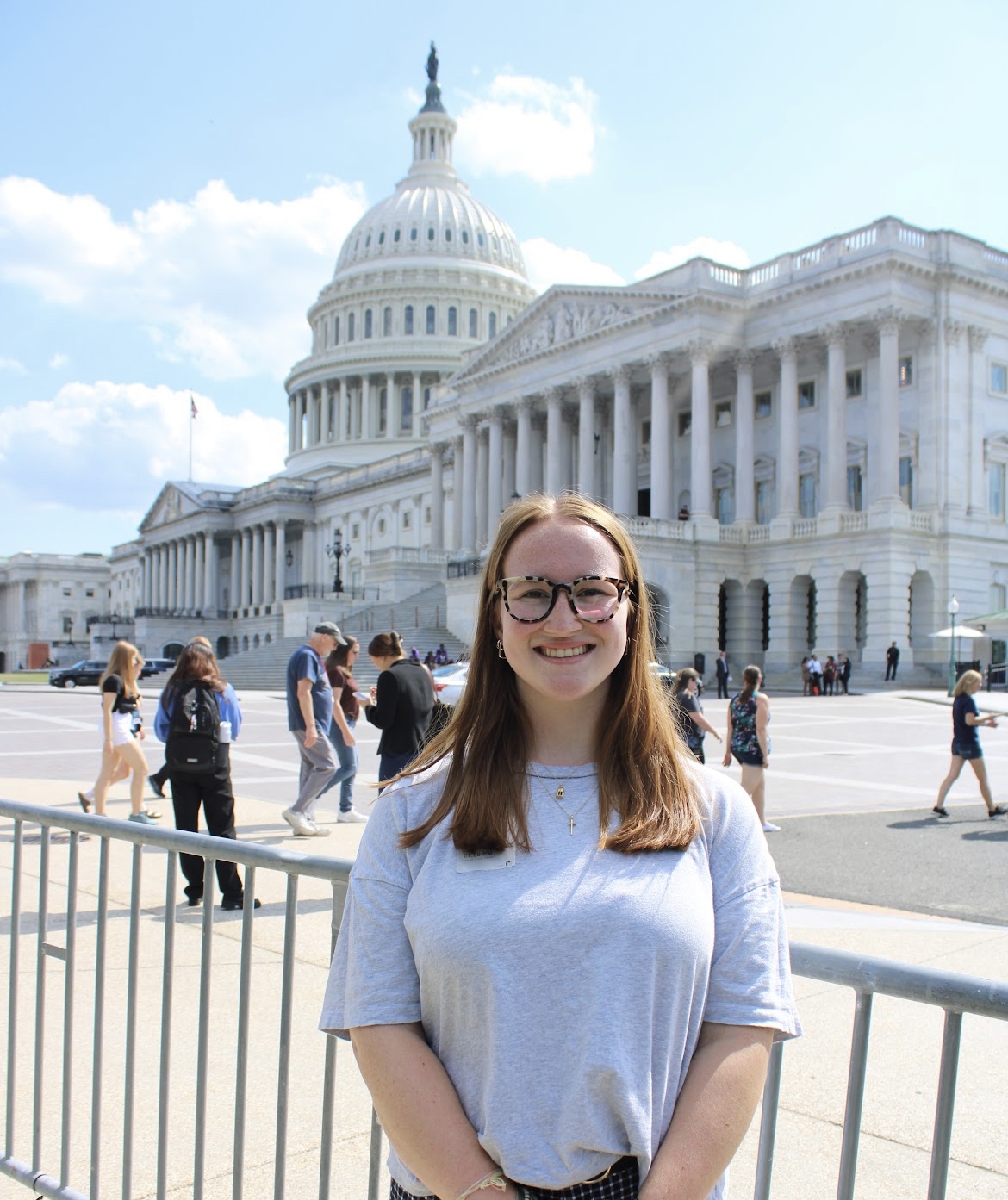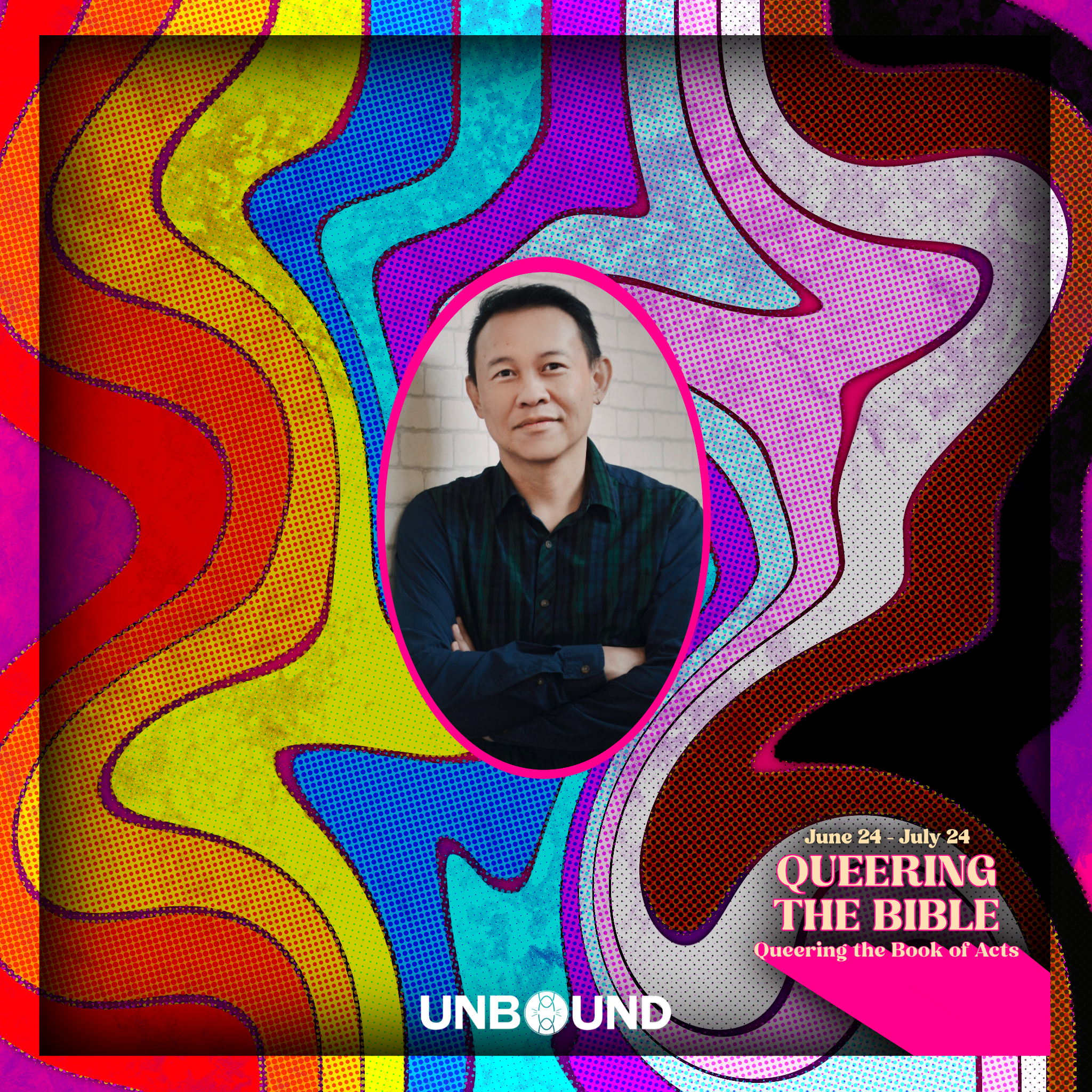With the Republican National Convention underway in Milwaukee and the Democratic National Convention taking place in Chicago soon after, Americans can no longer ignore that the General Election is fast approaching- perhaps more quickly than we are prepared for. As a growing number of Democrats call on their presumptive nominee to step aside, Biden’s campaign is working to prove the President’s capability for another four years in office. Discussions around ‘Project 2025’, a guide for the next Republican president to ensure “an effective conservative administration”, increase in popularity as the Trump campaign aims to distance the 45th president from the project. A growing number of voters are expressing their discontentment with the names on the ballot this November, many suggesting they have no motivation to show up to the polls at all.
Anxiety surrounding politics appears significantly higher in this election cycle than in previous years. This heightened stress triggers the brain’s flight response, making us more comfortable ignoring events in Washington and on the campaign trail rather than engaging with them. Disregarding the upcoming general election may feel preferable, but it is not what we as people of faith are called to do. As a young Presbyterian not yet ready to give up hope for our democracy and the future success of our nation, here is a short attempt to demonstrate why it is necessary you vote in this election (and all elections!).
Your state and local representatives need to hear from you.
News sources report the actions of the White House, Congress, and Supreme Court as they are happening, reactions and descriptions of each branch’s doings easily accessible to the public. But what about the work being done at the state and local level? State and local representatives are enacting legislation on policies that eligible voters have expressed concern for during this election. Policies the Presbyterian Church (U.S.A.) General Assembly has addressed, acted upon, and advocated for- such as gun violence prevention, economic justice, environmental justice, and LGBTQIA rights- are also concerns of both local and state legislation. Researching the promises made by the names on your ballot this November is vital in voting responsibly. You can’t rely solely on a candidate’s party affiliation; instead, consider their positions on the policies you believe important and evaluate their effectiveness in taking action.
Good leaders nominate good people
An additional role of the federal government to consider in this general election is the Supreme Court. Within the next Presidential term, there is the possibility of three positions on the bench becoming vacant. Considering the President nominates the judges who are then approved by the Senate, electing those who will nominate fair and just individuals is vital to consider this election.
Gen Z’s turn at the polls
What about voters ages 18-29 in this election? More than 8 million youth will have reached voting age in 2024 since the 2022 election.1 We witnessed a historical spike in young voter turnout in 2018, 2020, and 2022. Tufts University’s Center of Information and Research on Civic Learning and Engagement estimates between 52-55% of eligible voters aged 18-29 submitted their ballot in the 2020 presidential election, a percentage much higher than years previous. 2 But where is the disconnect with the other 45%? How do we ensure all eligible voters are expressing their voices at the polls? I have no recommendation for a simple solution, but making voting a more equitable and accessible process doesn’t feel like a bad place to start.
Young people use individual policies they are concerned for as motivation to cast their ballots in elections, not party loyalty. My generation of novice voters have the same concerns as every other group of voters: the safety of our communities, cost of living, and our fundamental rights and freedoms. The difference is that we feel it’s difficult to have confidence in our elected policymakers to act effectively and responsibly when they have proven otherwise. As sampling and polling take place to gage who young voters are supporting, I can attest that my generation is angry with the state of politics in our country. November 6th will prove if that anger is used as motivation to cast a ballot, or as justification to withhold participation.
WWJD? Vote wisely.
While there is no scripture explicitly guiding our democratic process, the themes throughout the Bible’s teachings give us an idea of how we, as followers of Christ, should vote: with love. Jesus commanded us to live by His example and love everyone just as He has loved us. Jesus washed the feet of His disciple’s, including Judas, and instructed us to do the same. What better place to act justly, to love mercy, and to walk humbly with our God than at your local polling place? Casting a vote in each election is an opportunity to act as the Good Samaritan.
Voting is a right that generations have and will continue to fight and die for. Participating in the election process is an action of civic discipleship where our faith lends to inspiring hope in our nation. Your city, county, state, and federal representatives need to hear from you. They represent and work for the concerns of us, their constituents, not themselves. Research candidates and campaign for those you feel will wash their neighbors’ feet. Advocate for policies and social justice issues you are passionate about. Encourage your communities to express their voice by helping with voter outreach. Enter your zip code on the Presbyterian Church (USA) Election Center website to find key information about your involvement. Vote in this election. Vote in all elections.
1 https://circle.tufts.edu/latest-research/41-million-members-gen-z-will-be-eligible-vote-2024
2 https://circle.tufts.edu/latest-research/election-week-2020

Olivia Phelps is from Wilmington, NC. She is a recent graduate of East Carolina University and has worked this summer as a Fellow for the PC(USA) Office of Public Witness. After this fellowship, she plans to attend graduate school to continue her work in social justice and advocacy as a clinical social worker.



Unbound Social